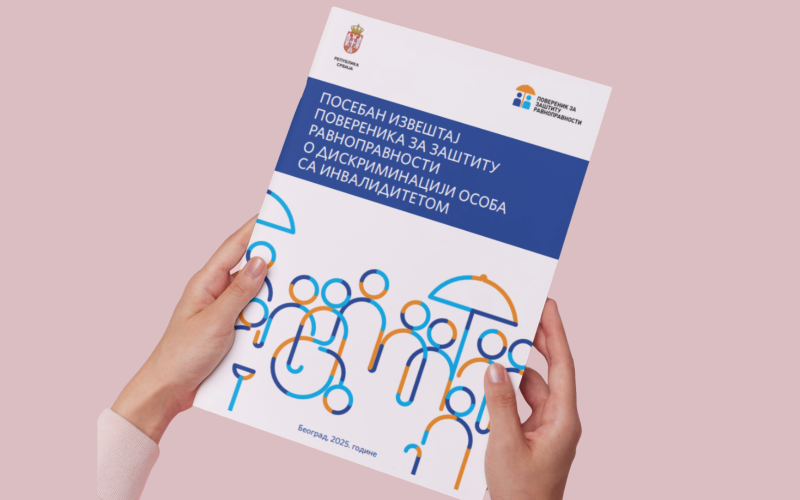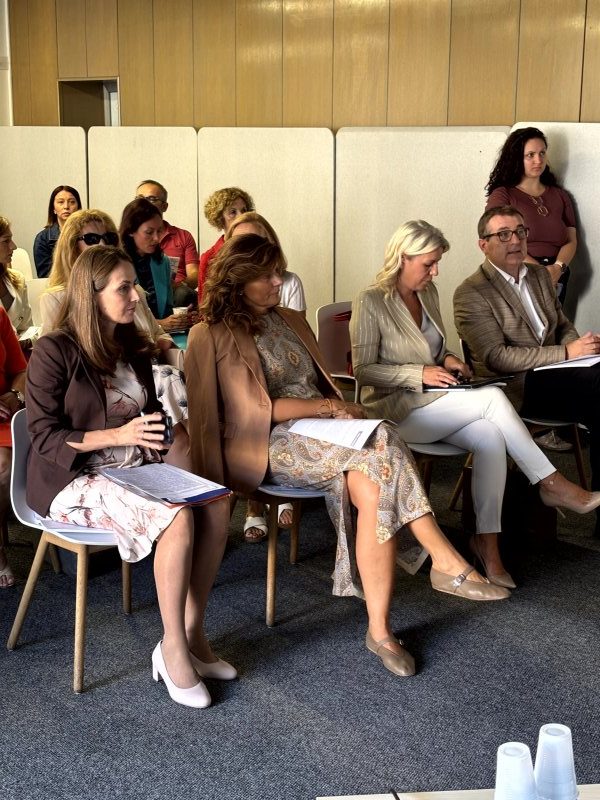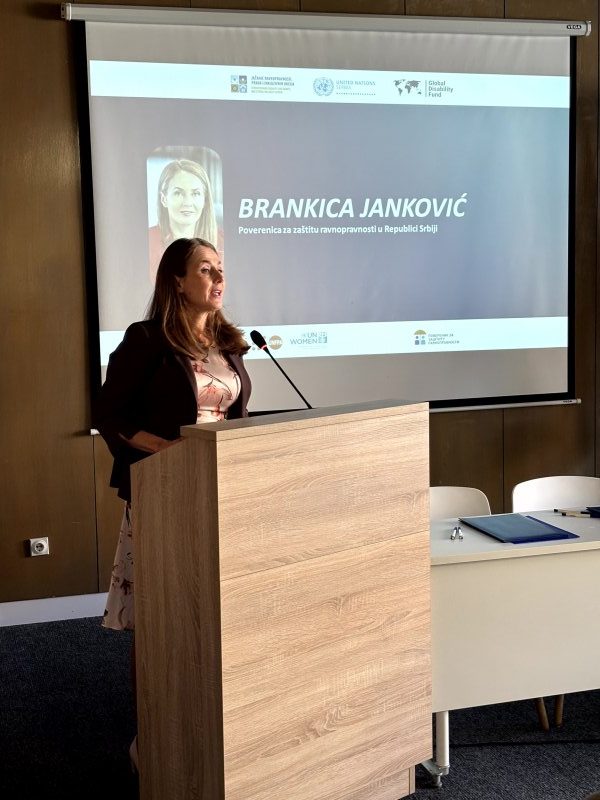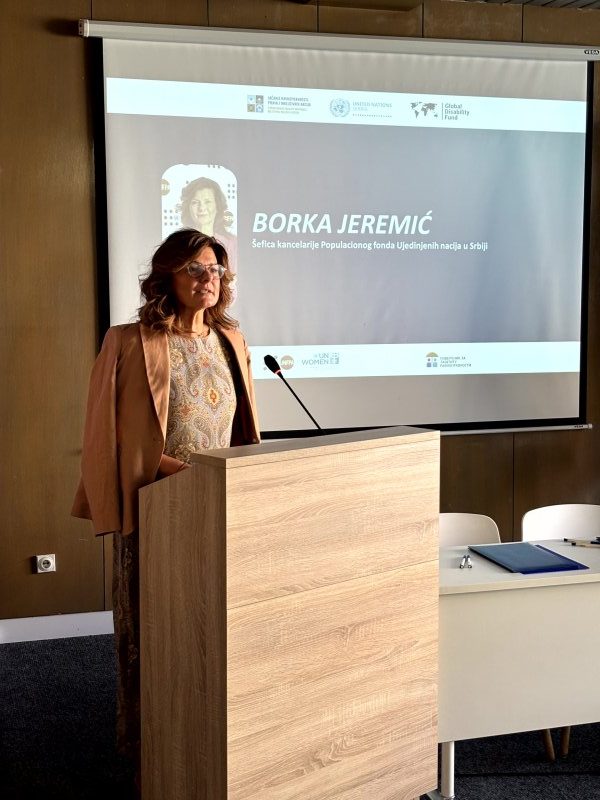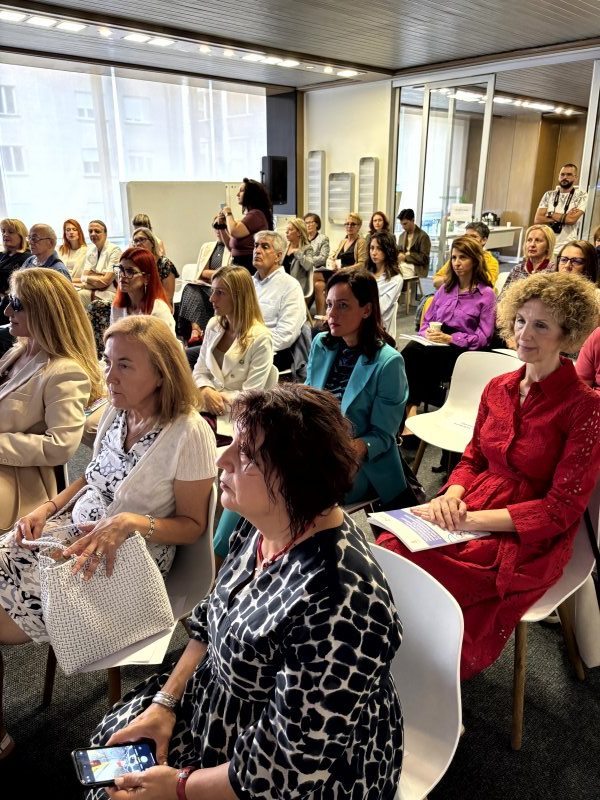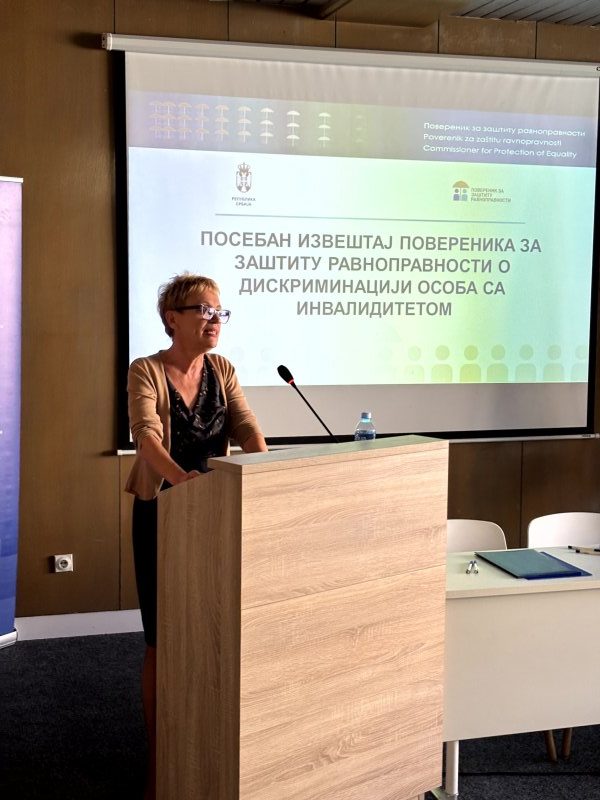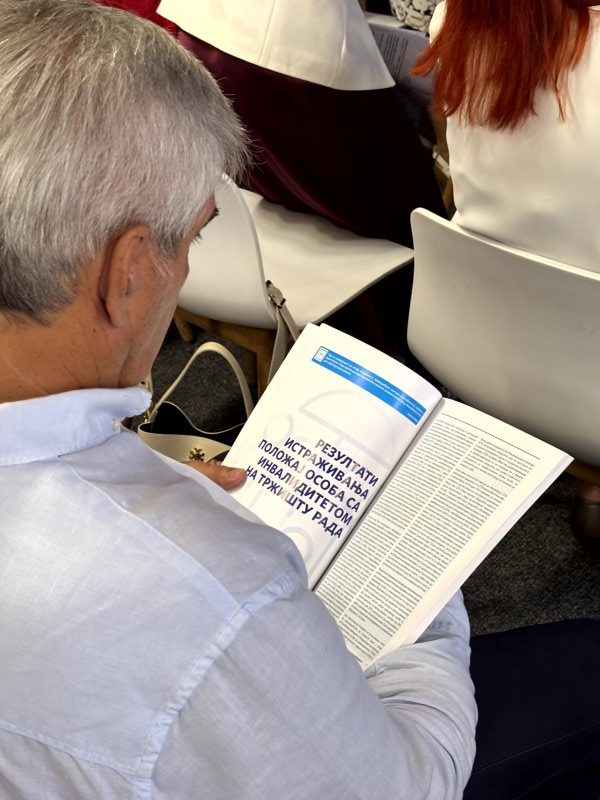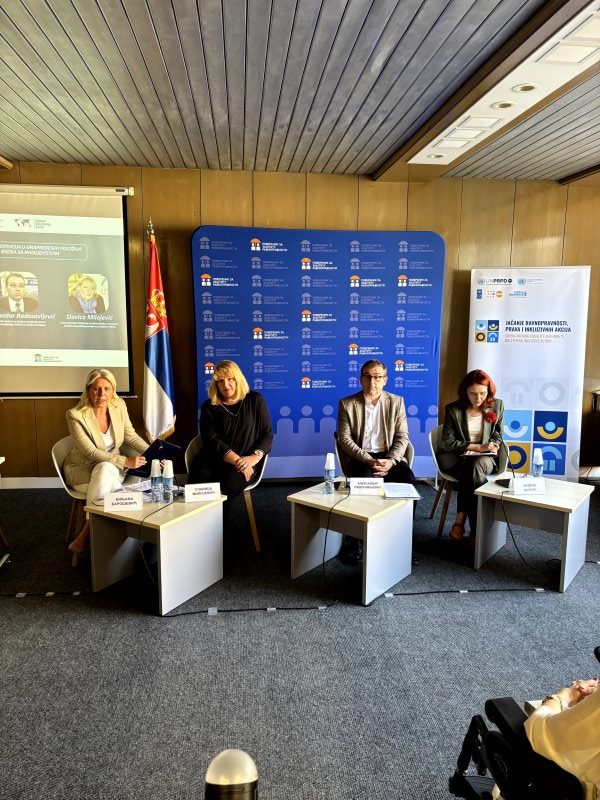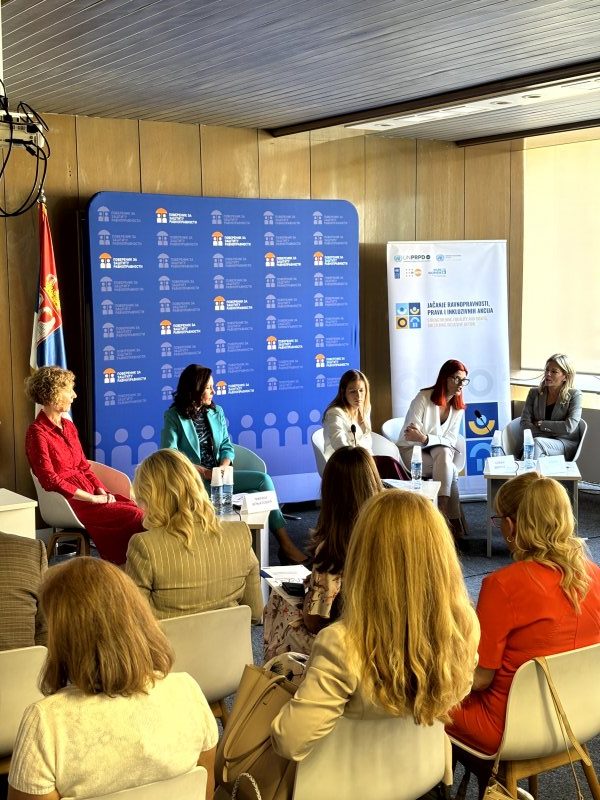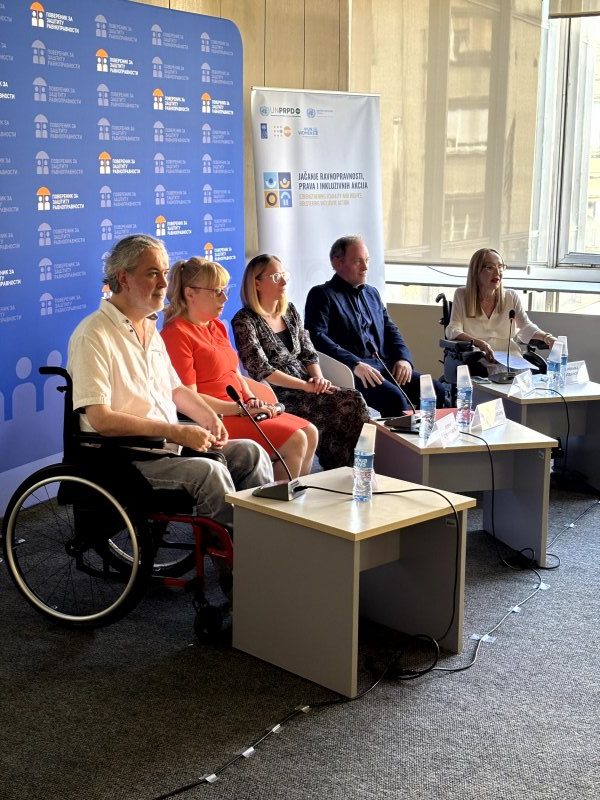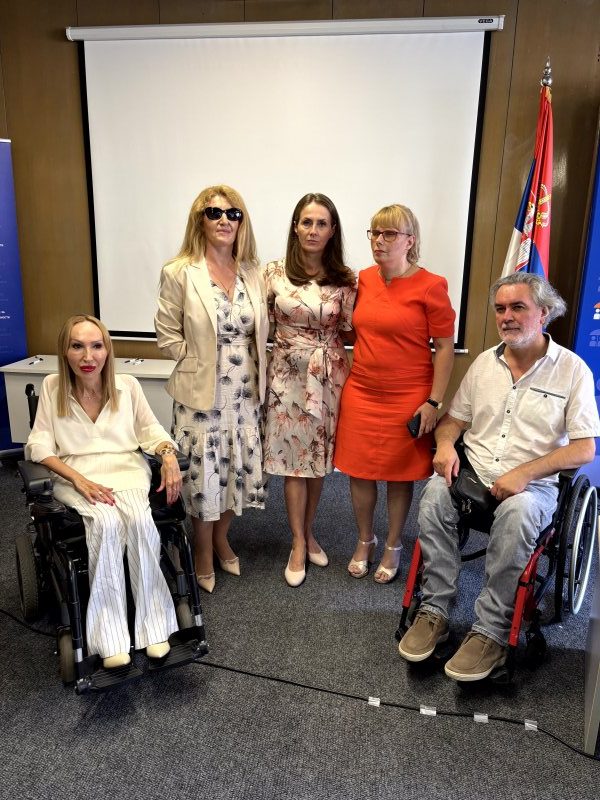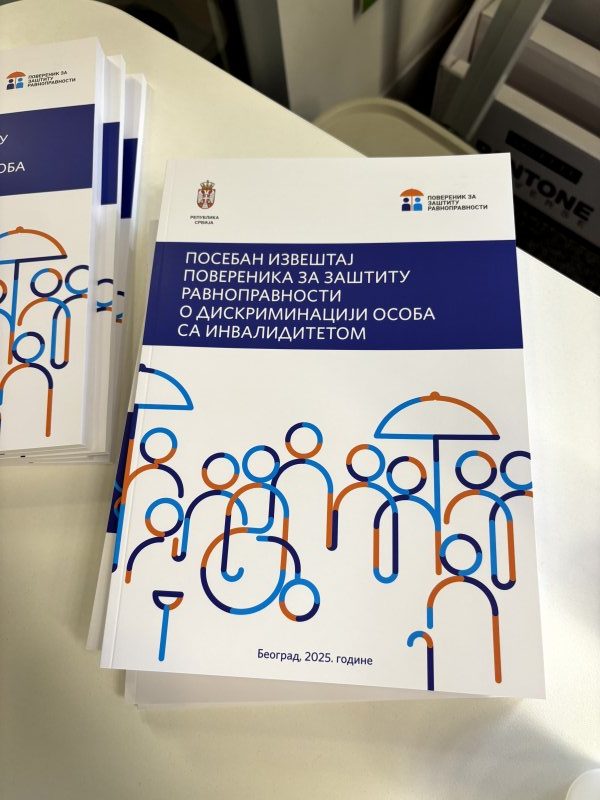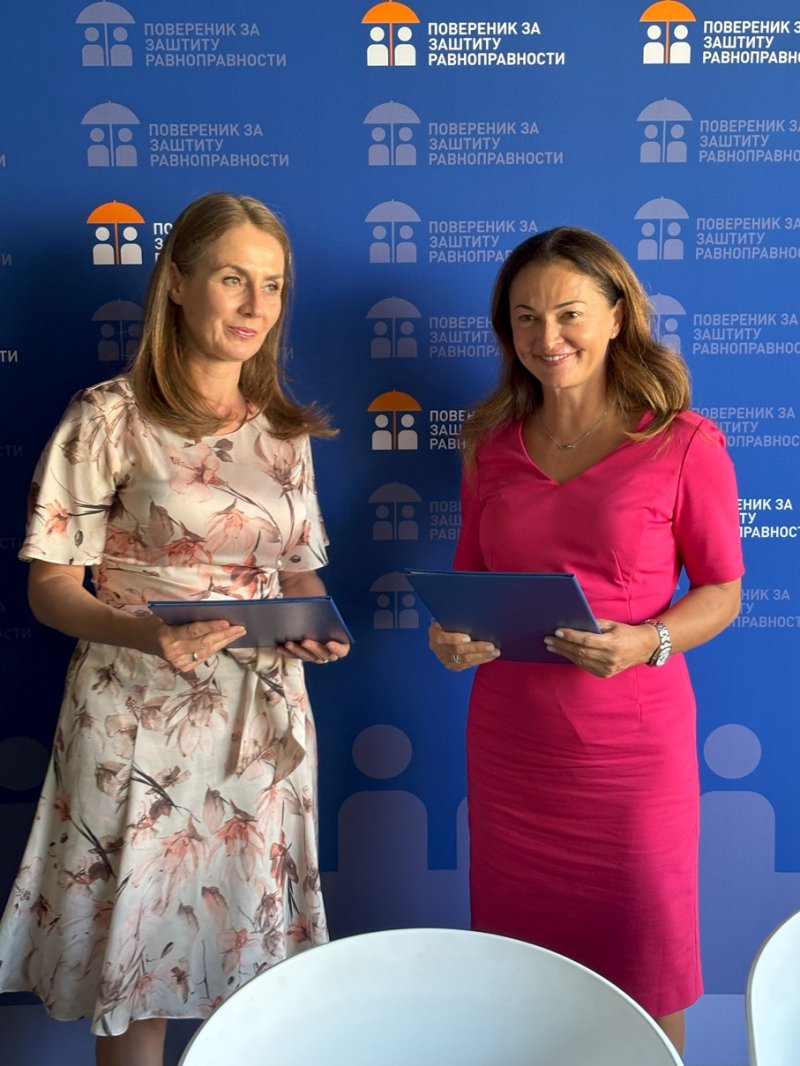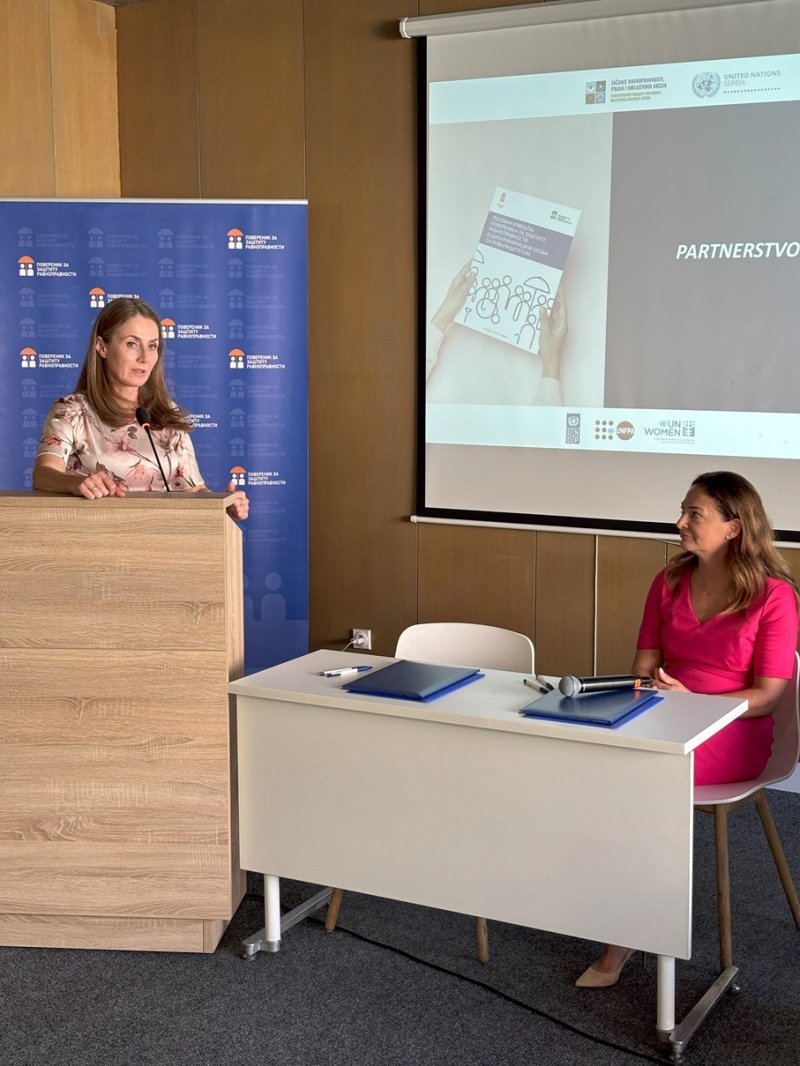Persons with disabilities continue to be one of the most vulnerable social groups in our country and are often exposed to various forms of discrimination. The position of persons with disabilities (PWDs) is particularly difficult due to stereotypes and prejudices about their capacities and abilities, the poverty in which many of them live, the challenges they face in terms of architectural, communication, and information accessibility, as well as in the areas of education, social and healthcare protection, said Commissioner for the Protection of Equality, Brankica Janković, at the presentation of the Special Report of the Commissioner for the Protection of Equality on Discrimination against Persons with Disabilities. She pointed out that a particularly serious problem is the inclusion of PWDs in the labor market due to their low level of education and inadequate educational profiles, employers’ reluctance to hire them, issues in assessing work ability, and insufficient protection during dismissal.
The report is based on many years of institutional practice in handling complaints by citizens, as well as civil society organizations, and other submissions received between 2015 and 2024, along with the results of research on the position of persons with disabilities in the labor market. Janković stated that the role of institutions is not only to determine the existence of discrimination but also to propose solutions and monitor their implementation, which is exactly what this report represents. The Commissioner emphasized that cooperation with state bodies, civil society organizations, local communities, and international partners enables that the institution’s reports do not remain mere documents, but rather a foundation for improving the position of PWDs.
In the introductory part, Borka Jeremić, Head of the UN Population Fund Office in Serbia, also addressed the gathering, stating that they were pleased to have supported the creation of this report: “Through the analysis of the exercise of the right to reasonable accommodation in the workplace, we sought to contribute to the full inclusion of PWDs in the labor market. This is just one segment of our broader work, within which we continuously collaborate with partners to improve the accessibility and quality of services for persons with disabilities in Serbia.”
Representatives of state institutions also spoke at the event about the challenges faced by PWDs: Biljana Barošević, Deputy Minister of Labor, Employment, Veteran and Social Affairs; Aleksandar Radosavljević, Deputy Minister for Human and Minority Rights and Social Dialogue; and Slavica Milojević from the Republic Institute for Social Protection, as well as representatives of civil society and the business sector.
The Special Report, which was submitted to the National Assembly in May of this year, was now presented to the professional public in cooperation with the Office of the United Nations Population Fund (UNFPA), UN Women, and UNDP Serbia, with the support of the Global Disability Fund.
